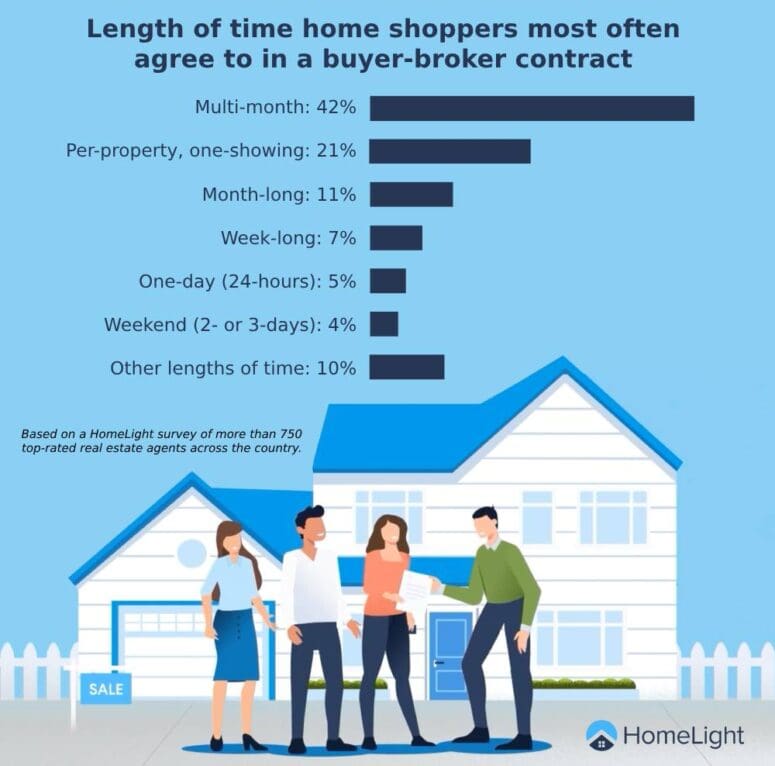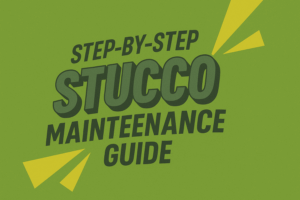Arizona Buyer-Broker Agreement: A Required Agent Contract

As a homebuyer in AZ, you’ll need to sign an Arizona buyer-broker agreement before touring properties. Learn the new buyer rules and see expert insights.
If you’re planning to buy a home in Arizona, you’ll now need to sign a buyer-broker agreement before touring properties with a real estate agent. This requirement is part of a nationwide change attached to a court settlement by the National Association of Realtors (NAR).
“The NAR settlement has not only confused buyers and sellers, but agents also seemed to be confused,” David Cochran, a top agent in Surprise, Arizona, with 52 years of experience, told Homelight in a recent survey.
This guide will explain a buyer-broker agreement, why it’s required, and how it affects the home-buying process in Arizona.
Editor’s note: This post is for educational purposes. If you need assistance with a buyer broker agreement in Arizona, HomeLight encourages you to consult a professional advisor.
Do you have to sign a buyer-broker agreement in Arizona?
Yes, Arizona buyers using an agent with MLS access must sign a buyer-broker agreement before touring homes with the agent. Following a series of lawsuits, a federal court determined that NAR’s long-established agent commission structure and policies infringed upon federal antitrust laws. These new rules became effective August 17, 2024.
The changes are meant to provide more transparency in real estate transactions and ensure that buyers and agents formalize their working relationship before any home tours occur. The signed agreements are also designed to help buyers have a clearer understanding of their financial obligations, including compensating their agent.
While the advance written contract requirement might feel significant for buyers in Arizona, it aligns with practices that were already required in 18 other states.
“There’s been much more confusion in [the industry], but it’s only had a minimal impact for me because I explain these things to my clients,” said Heather Martin, a top agent and fifth-generation Arizonian serving the Phoenix metro area. “I have only had to refuse to work with a few clients who ‘already had an agent,’ so they didn’t get stuck paying duplicate Realtor fees. They appreciated my honesty.”
What is a buyer-broker agreement?
A buyer-broker agreement is a written contract between a homebuyer and their real estate agent. It spells out the responsibilities of both parties, including:
- The real estate agent’s duties, such as locating properties that meet buyer needs, scheduling home tours and showings, and negotiating the purchase on the buyer’s behalf.
- The buyer’s obligation to work with the agent and compensate them for their services, typically through a commission. Many agreements are written in a way that requires the buyer to work exclusively with the signing agent. However, that’s not always the case. The post-settlement market is opening up more flexible terms as agents compete for clients and commissions.
What’s in the new buyer-broker agreements?
The new buyer-broker agreements may differ slightly by state, but they are all designed to clarify the working relationship between buyers and agents. Some common elements are:
- Exclusive agent representation: Your Arizona buyer-broker agreement may contain a clause stating that you agree to work only with the signing agent during a specified length of time. You can negotiate this clause and timeframe. However, some Realtors may offer a preliminary, nonexclusive touring agreement followed by a more detailed contract if you choose to continue with the agent.
- What you can expect for your fees: The buyer-broker agreement outlines your agent’s specific responsibilities, from touring properties and submitting offers to negotiating and closing the deal.
- Commission terms: The agreement with show the details of how and when your agent will be compensated, and who is expected to pay the fees.
- The length of the agreement: You’ll know the exact start and end dates of the contract.
- Cancellation requirements: The agreement will state the process for terminating the agreement — the terms required for both the agent and the buyer. This may include a dollar amount the buyer must pay if the cancellation conditions are not met.
While this may seem like a lot to consume, a reputable agent should be willing to explain the terms of their buyer-broker agreement and give you the time you need to ask questions.
“Buyers have heard about these [changes] and understand part of the settlement but don’t fully understand what it means,” wrote Joe Bourland, a top Phoenix area agent with 24 years of experience.
Other buyer-broker agreement considerations
Dual agency: If your buyer-broker agreement says you agree to view homes an agent has listed with their own seller clients, your agent will represent both you and the seller. This dual representation, known as dual agency, is legal in Arizona with written consent. It is not legal in some states due to the potential for conflict of interest.
Nonexclusive agreement: As the buyer, if you sign with an agent offering a nonexclusive contract, you can work with other agents to purchase a home — you’re not locked into a long-term commitment. Nonexclusive buyer-broker agreements are becoming more common in initial home touring contracts as hesitant buyers grapple with the new NAR rules.





